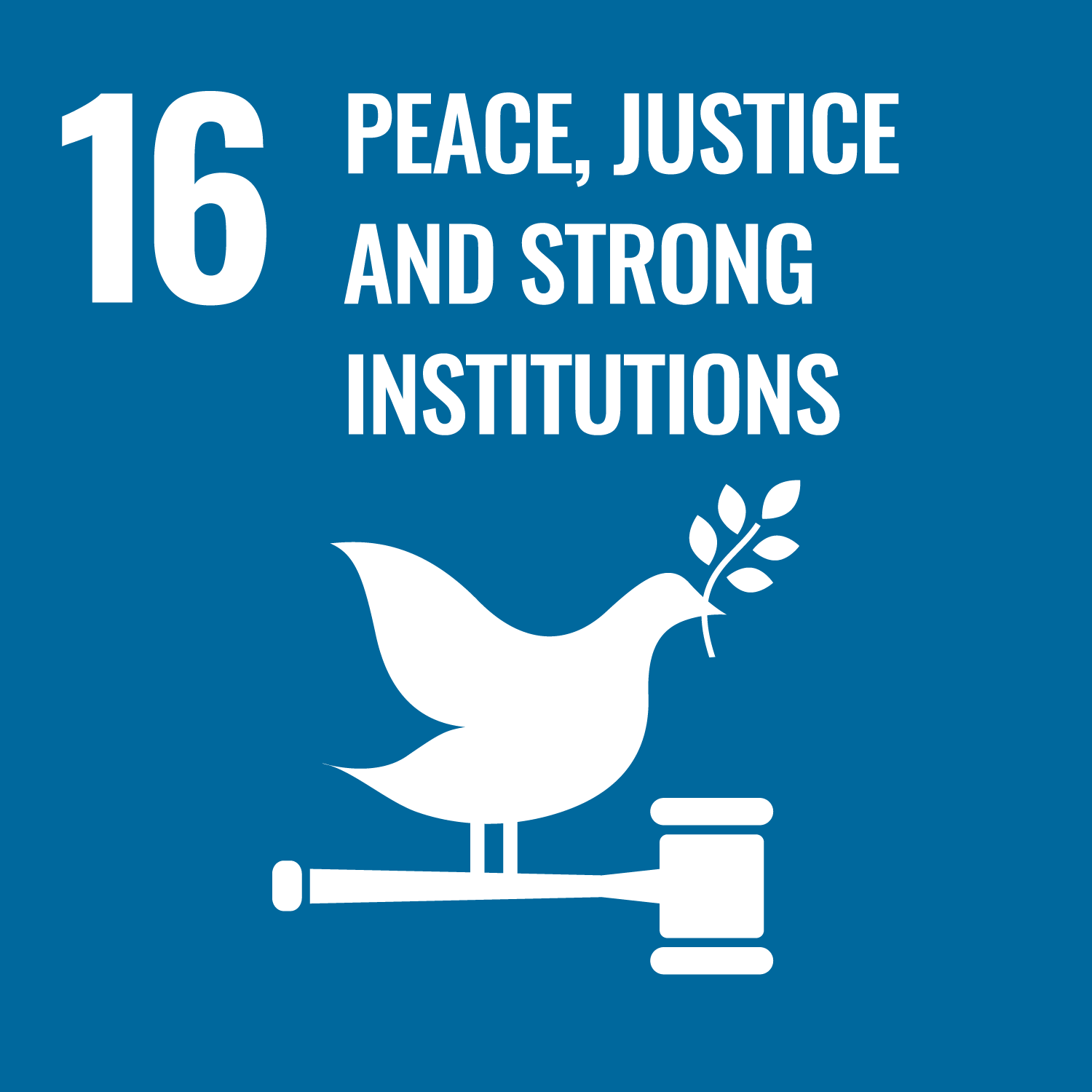This report outlines the results of a study undertaken by OutRight Action International in 194 countries. The study examined the existence of LGBTIQ civil society organisations (CSOs) that have legal or official registration status. In total data was collected from 864 organisations in five global regions: Asia and the Pacific, the Caribbean, Eastern Europe, the Middle East and North Africa and sub-Saharan Africa.The study sought to determine how official registration enables an organisation to further the rights of LGBTIQ communities.
The study found that, of the 194 countries studied, only 109 allow LGBTIQ CSOs to legally register. In 55 of the countries studied, LGBTIQ CSOs cannot legally register and in the remaining 30 countries no LGBTIQ CSOs could be identified. The study found that limitations on legal registration results in fewer resources and greater dangers in operating LGBTIQ CSOs. Furthermore, some of the benefits of obtaining legal registration are outlined as the increased opportunity to meet officials and political leaders and practical actions such as opening a bank account.
The report also includes the results from a legal analysis of the laws allowing Non-Government Organisations to register in 41 countries. The report concludes with in-depth case studies of 22 LGBTIQ CSOs who have sought or obtained legal registration in Belize, China, Lebanon, Germany, Nigeria, Russia, St Lucia, Singapore, Tanzania and Tunisia.






